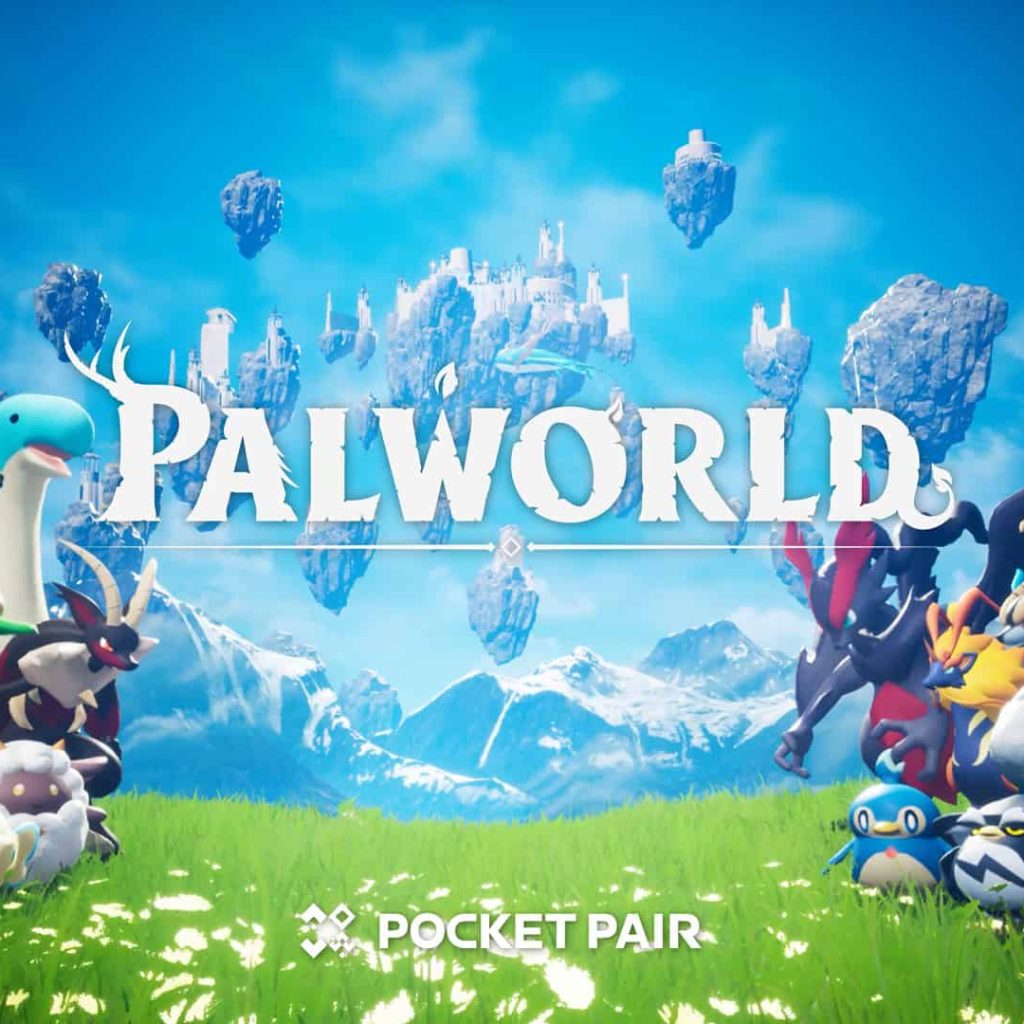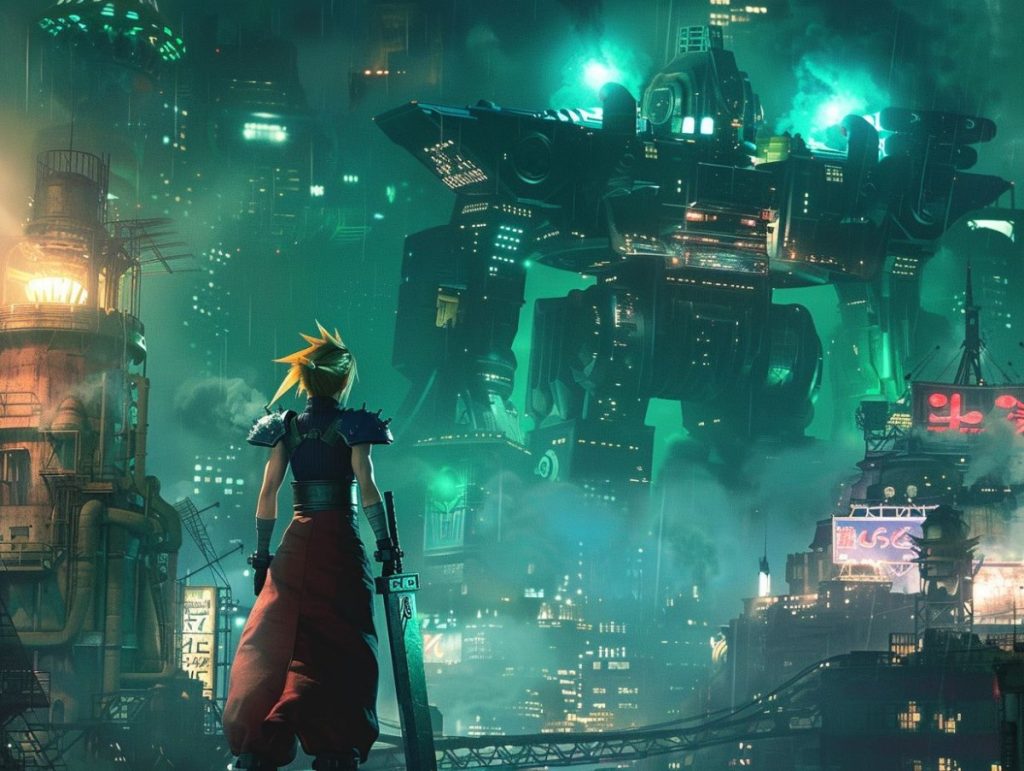Undawn, the zombie survival game backed by Hollywood actor Will Smith, has been in troubled waters following lackluster commercial performance and marketing missteps. Developed by Tencent, the game’s failure to gain traction despite its star endorsement has raised questions about the efficacy of its marketing strategy and broader implications for the gaming giant’s future endeavors.
Commercial setback despite high expectations
Despite an ambitious budget exceeding $100 million and the involvement of over 300 developers, Undawn failed to meet commercial expectations following its release in June of last year. Recent reports reveal a meager revenue of $287,000 in the previous month, signaling a significant underperformance for a project of such scale and backing.
Undawn’s reception among players and critics was notably mixed, with some praising its gameplay mechanics while others criticized its lack of innovation and narrative depth. However, what remained consistent was the widespread astonishment at the game’s under-the-radar existence, as highlighted by a tweet that sparked newfound awareness among many.
The absence of substantial marketing efforts drew sharp criticism, with observers pointing out the disparity between the game’s potential and actual visibility in the gaming landscape. Despite featuring a digital likeness of Will Smith as a character named Trey Jones, whose presence was intended to enhance player engagement, Undawn struggled to garner attention amidst a sea of competing titles.
Tencent’s strategic shift and implications for the industry
Undawn’s commercial failure comes amidst a reported strategic pivot by Tencent, redirecting its focus from Western franchise mobile adaptations towards casual party games and titles akin to the wildly successful Genshin Impact. This shift underscores the evolving dynamics within the gaming industry, where market trends and consumer preferences shape corporate strategies.
The news surrounding Undawn’s lackluster performance has prompted reflection on the challenges even well-funded projects face in capturing audience interest and sustaining commercial viability. Despite the involvement of a prominent celebrity figure like Will Smith, whose influence is often leveraged for promotional purposes, the game struggled to translate star power into tangible success.
Speculation and reflection on marketing’s crucial role
In the wake of Undawn’s commercial setback, industry observers have emphasized the pivotal role of marketing in shaping a game’s trajectory. The disparity between the game’s production value and marketing outreach is a cautionary tale for developers and publishers, highlighting the imperative of cohesive and strategic promotional efforts to maximize audience engagement and revenue generation.
While some have speculated about the potential impact of Will Smith’s recent controversies on the game’s appeal, others contend that the fundamental issue lies in executing its marketing strategy. Effective promotion can often spell the difference between success and obscurity in an industry saturated with competing releases vying for consumer attention.
Undawn grapples with its commercial struggles, and Tencent reevaluates its strategic priorities, so the broader gaming landscape is witness to the inherent challenges of navigating an increasingly competitive and discerning market. The episode serves as a sobering reminder of the importance of meticulous planning and execution, with marketing emerging as a linchpin in a game’s journey from conception to reception.
Moving forward, stakeholders across the industry will undoubtedly glean valuable insights from Undawn’s experience, recalibrating their approaches to development, promotion, and audience engagement. Amidst shifting paradigms and evolving consumer preferences, adaptability and innovation will remain paramount in forging the path toward sustained success in the dynamic realm of gaming.





